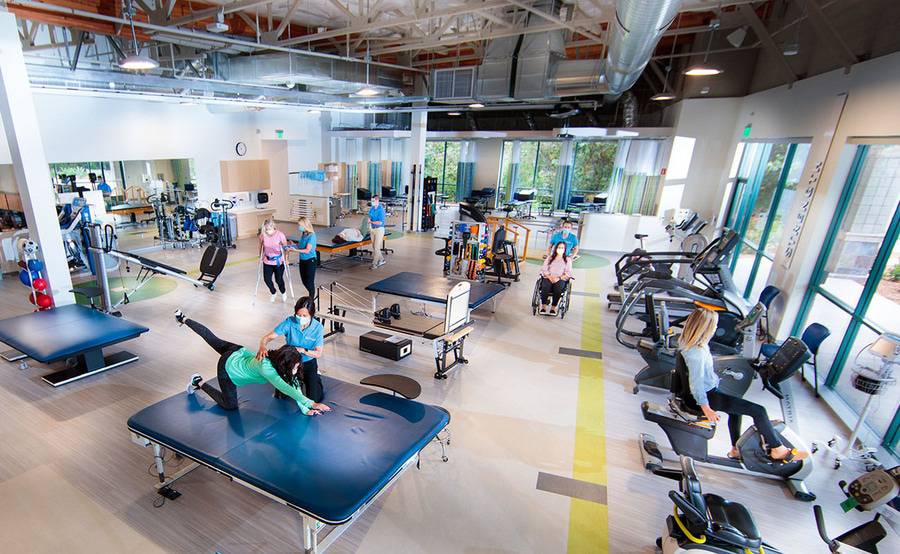The Essential Impact of Resistance Training on Improving Recovery and Effectiveness in Sports Recovery
Wiki Article
Resistance conditioning plays a vital part in sports recovery, helping athletes heal from traumas and improve their general capabilities. When an athlete sustains hurt, their physique needs period to recover. However, during this recovery phase, it is crucial to maintain power and mobility to prevent additional damages. Strength conditioning can be customized to fit the requirements of each athlete, focusing on specific muscular groups that may have been impacted by the trauma. This targeted method not only aids in recovery but also prepares the athlete to come back to their sport stronger than before.

One of the primary benefits of resistance training in recovery is its capability to enhance muscular strength and stamina. When muscles are more powerful, they can better stabilize articulations and reduce the chance of re-injury. For example, an individual recovering from a leg injury can gain from exercises that fortify the quadriceps and hamstrings. These muscular tissues play a crucial role in supporting the leg joint. By including strength conditioning into their recovery program, athletes can recover their strength more efficiently and safely.
In furthermore to building power, strength conditioning also improves mobility and range of movement. Many injuries can result to stiffness in the injured area, causing it difficult for individuals to move freely. Strength conditioning exercises often include stretching and elongating the muscles, which can assist restore mobility. For example, incorporating weight bands or dumbbells into stretching routines can improve the effectiveness of these workouts. As flexibility enhances, athletes can execute movements more effectively, which is crucial for optimal capabilities in their sport.
Another crucial aspect of strength training in sports recovery is its beneficial effect on psychological health. Recovering from an trauma can be a difficult and exasperating experience for athletes. Engaging in resistance conditioning can offer a sense of accomplishment and enhance self-esteem. As athletes see gains in their strength and abilities, they may experience more driven to continue their rehabilitation process. This psychological boost can be just as important as the bodily advantages, as a optimistic attitude can result to improved results in recovery.
Finally, resistance conditioning can help athletes visit site move back to their sport more smoothly. Once they have recovered their power and flexibility, athletes must to rehearse sport-specific movements to guarantee they are prepared for competition. Resistance training can be combined with activity-specific drills to create a comprehensive recovery plan. This combination allows athletes to not only heal but also improve their capabilities. By focusing on both rehabilitation and capabilities, resistance conditioning becomes an crucial tool in the rehabilitation journey, assisting athletes come back to their activity stronger and more durable.